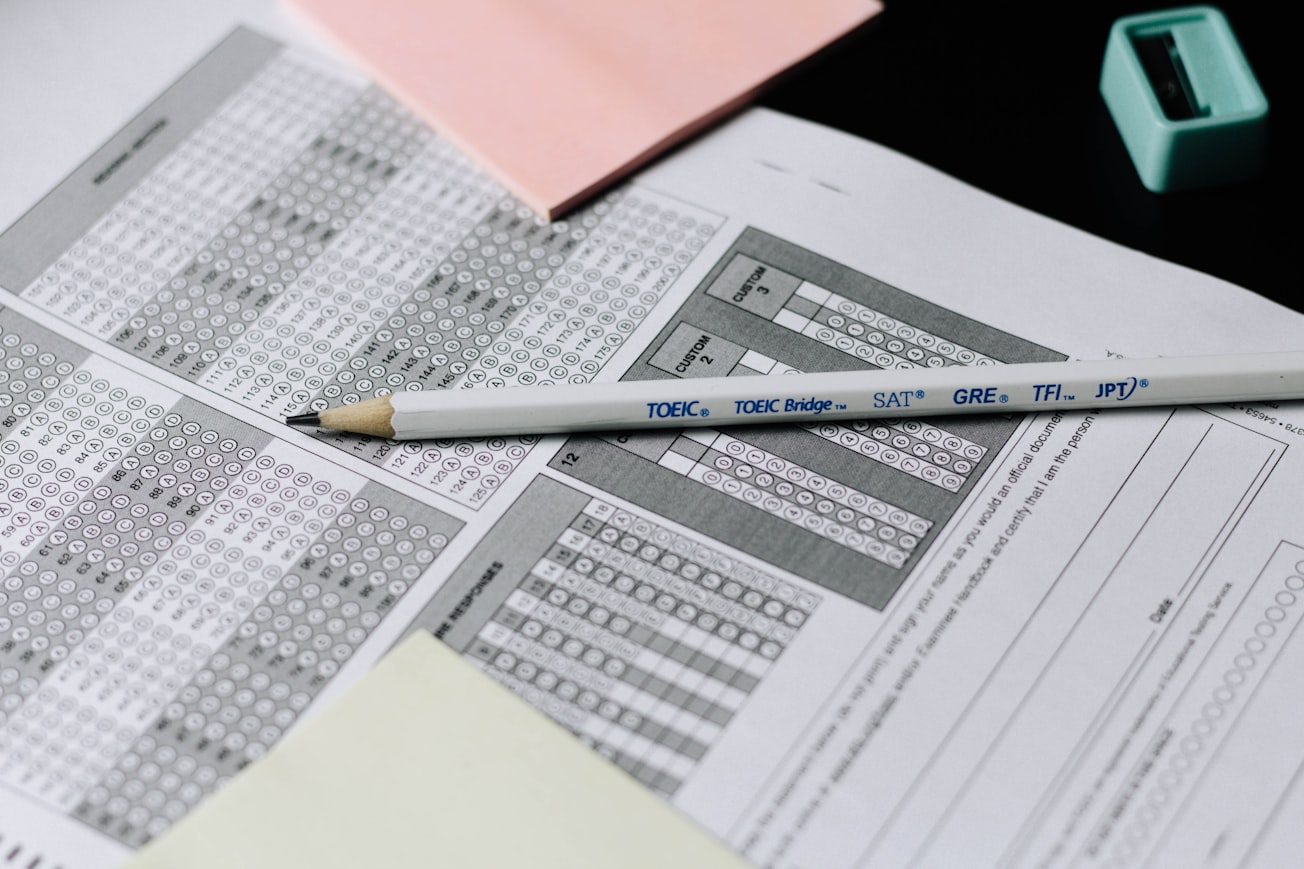What is it about?
Much of mental health treatment is informed by patient self-report of their symptoms, yet our memories are subject to certain recall biases. Participants in this study submitted daily mood scores over a two week period, and then completed the PHQ-9, a widely used measure that assess depression symptoms over the past two weeks. Our study has demonstrated a peak-end bias, whereby the worst and most recent daily mood scores were better predictors of the PHQ-9 score than the average of all daily mood scores during those two weeks.
Featured Image

Photo by Nguyen Dang Hoang Nhu on Unsplash
Why is it important?
Our findings suggest that symptom scales, particularly those being used to assess symptoms over several weeks or months, may be unduly influenced by the current and worst mood states of the assessment period. In practice, a prescriber may make a medication change based on a self-report or measure that is overly influenced by recent or transient stressor. Findings highlight the importance of intermittent or continuous assessment strategies to overcome these recall biases.
Perspectives
Fellow researchers and clinicians that I have worked with have often wondered aloud whether survey measures asking about experiences or symptoms in the previous weeks or months are actually capturing an accurate picture of that time frame. While survey measures can help standardize responses and provide empirical data to inform treatment decisions, measures with extended recall times are subject to potential biases.
Adam Horwitz
University of Michigan
Read the Original
This page is a summary of: Peak-end bias in retrospective recall of depressive symptoms on the PHQ-9., Psychological Assessment, February 2023, American Psychological Association (APA),
DOI: 10.1037/pas0001219.
You can read the full text:
Contributors
The following have contributed to this page










